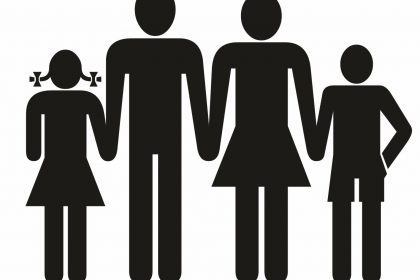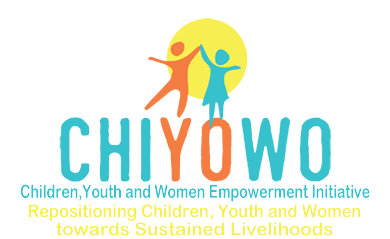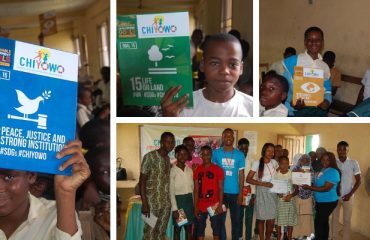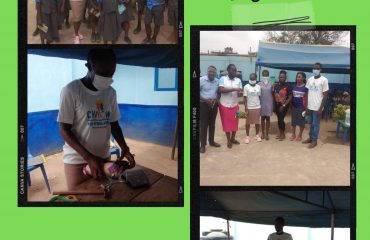
The Truth About Family Planning In Times Of Crisis
Tokunbo Ifaturoti
Introduction
Natural disasters, war and persecution each have a devastating effect on the general well-being of persons (men, women, children, and the elder) who have to endure them. These persons are left feeling as if they have lost the power to make any decisions about even the most fundamental aspects of their lives. Their home, work, school and social activities have all been disrupted and the routines that make life predictable, safe and reassuring have all been removed.
Benefits Of The Availability Of Family Planning For Women
One area in which women are able to regain some sense of control is in the use of contraceptives. These give women the opportunity to
- manage their reproductive health
- better focus on the children they already have
- plan and better care for the children they will have in the future
- give greater assistance to their burdened families
- achieve increased stability in their lives (to counter the instability brought on by crises)
- take on education and entrepreneurial opportunities
Why Help Is Needed
Access to safe, voluntary family planning is one of the human rights that has a profound and direct impact on women. According to the United Nations Population Fund (UNFPA) “Family planning is central to gender equality and women’s empowerment, and it is a key factor in reducing poverty.” These functions of family planning become even important in times of crisis.
Women and children have been identified as being at the greatest risk when there is a catastrophic event. Outside of not wanting to increase their family size with their partner, there are many other reason for contraceptives being vitally important to women. Among these, is the fact that women of child-bearing age are in very real danger of sexual exploitation and sexual violence during times of crisis.
The UNFPA further points out that the 69 poorest countries in the world contain most of the roughly 225 million women who do not wish to become pregnant but “are not using safe and effective family planning methods” due to the lack of
- community support
- support from their husbands or boyfriends
- readily accessible information
- family planning services
Risks Brought On By The Lack Of Family Planning Options
Without access to family planning women are exposed to
- lower levels of prenatal and postnatal care for themselves and their unborn child
- exposure to sexually transmitted diseases
- pregnancy related complications and death
It must be noted that many of these women are already facing issues of poor health due to the conditions brought on by the crises they are living in.
Conclusion
All types of contraceptives have their place among these women, who welcome not only the access to the family planning methods, but the variety of methods presented. From condoms, to birth control pill to IUDs, giving women the opportunity to take advantage of family planning is vital to sustaining them through the crisis situations they are in.
Coupled with counselling and supportive medical aid, it provides a new lease on life and a glimpse at a brighter future for women and their families caught up in humanitarian crises.



